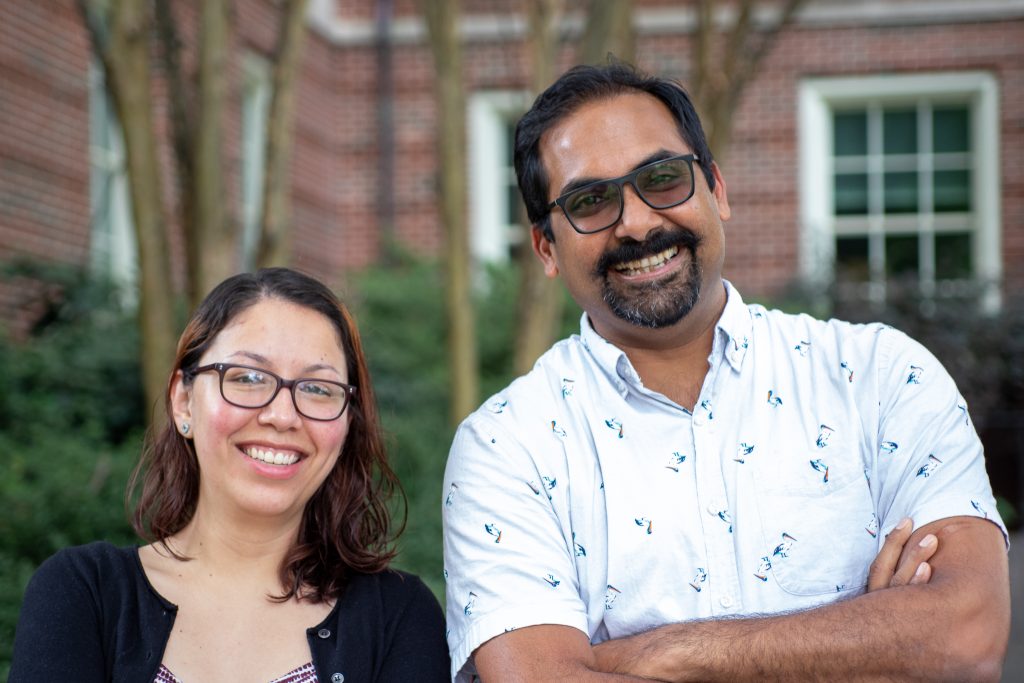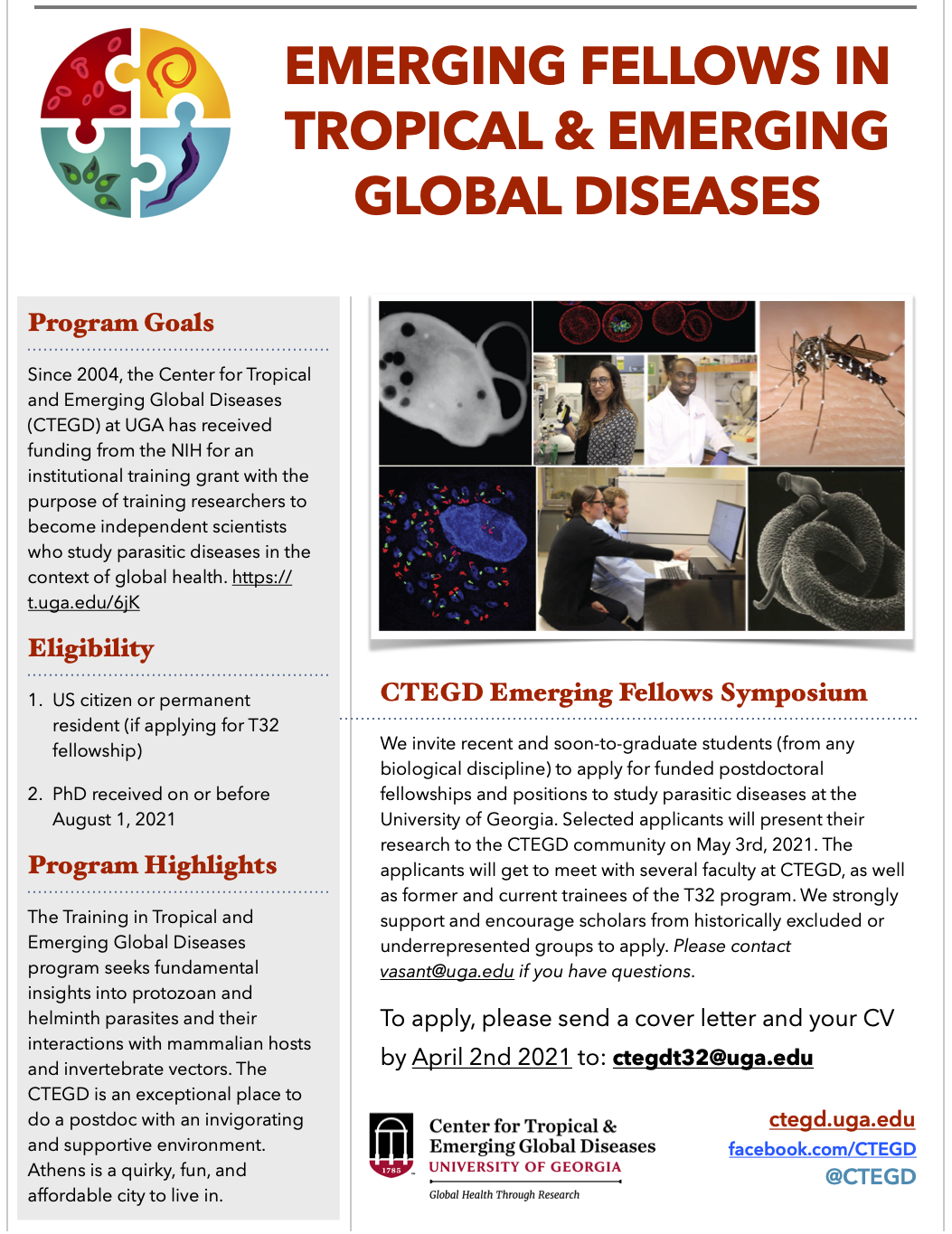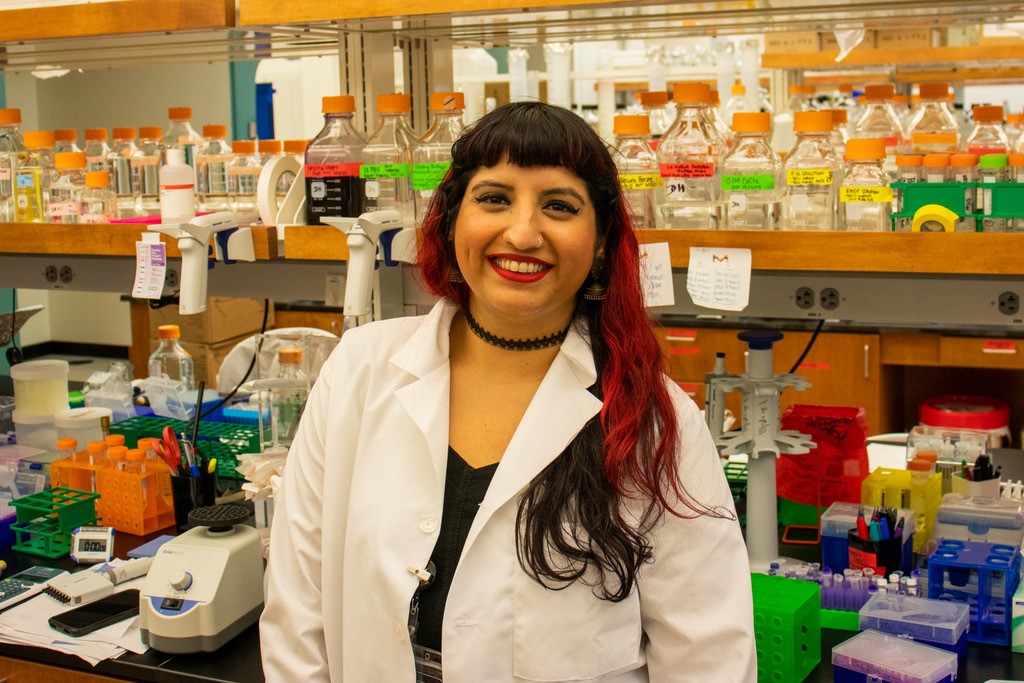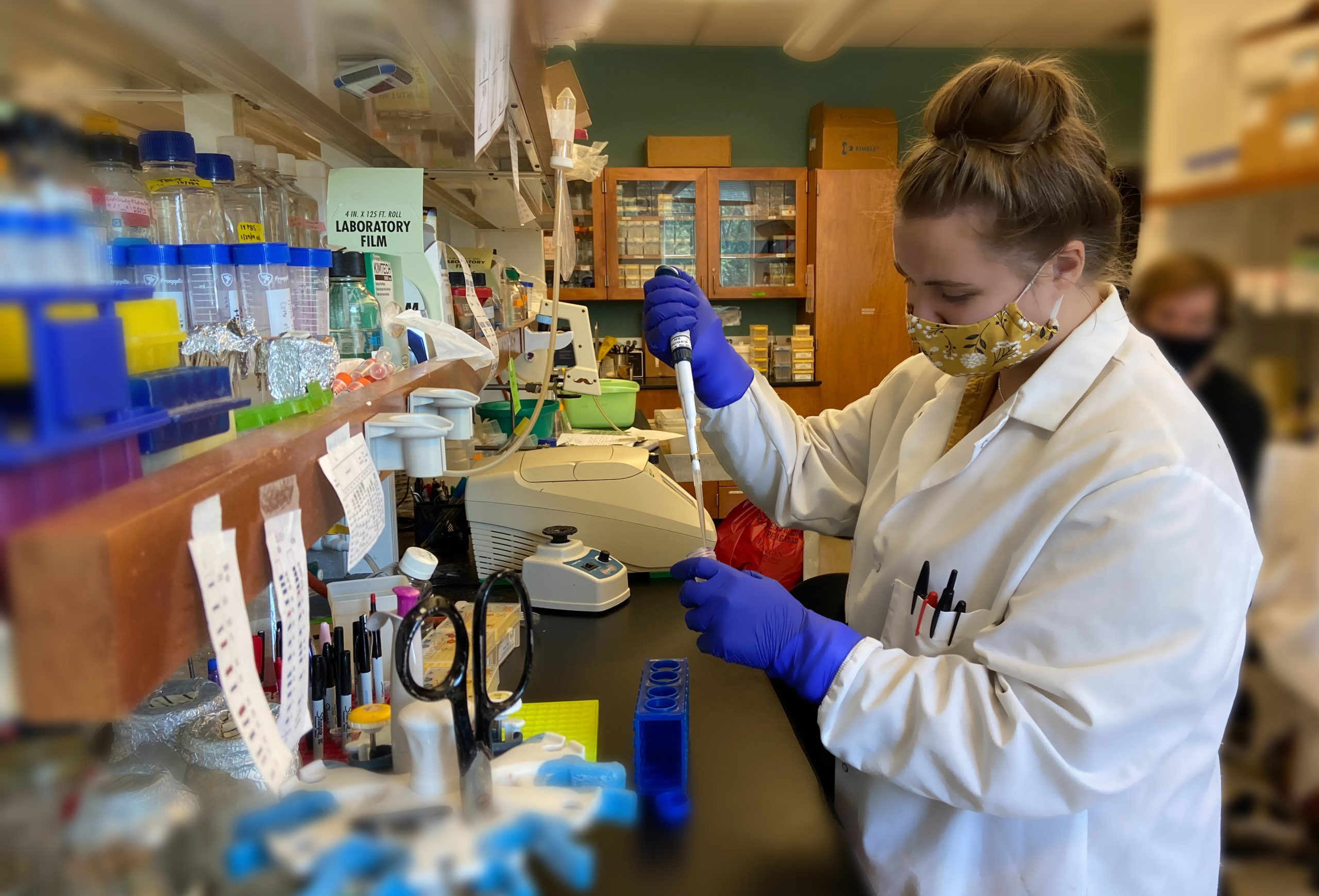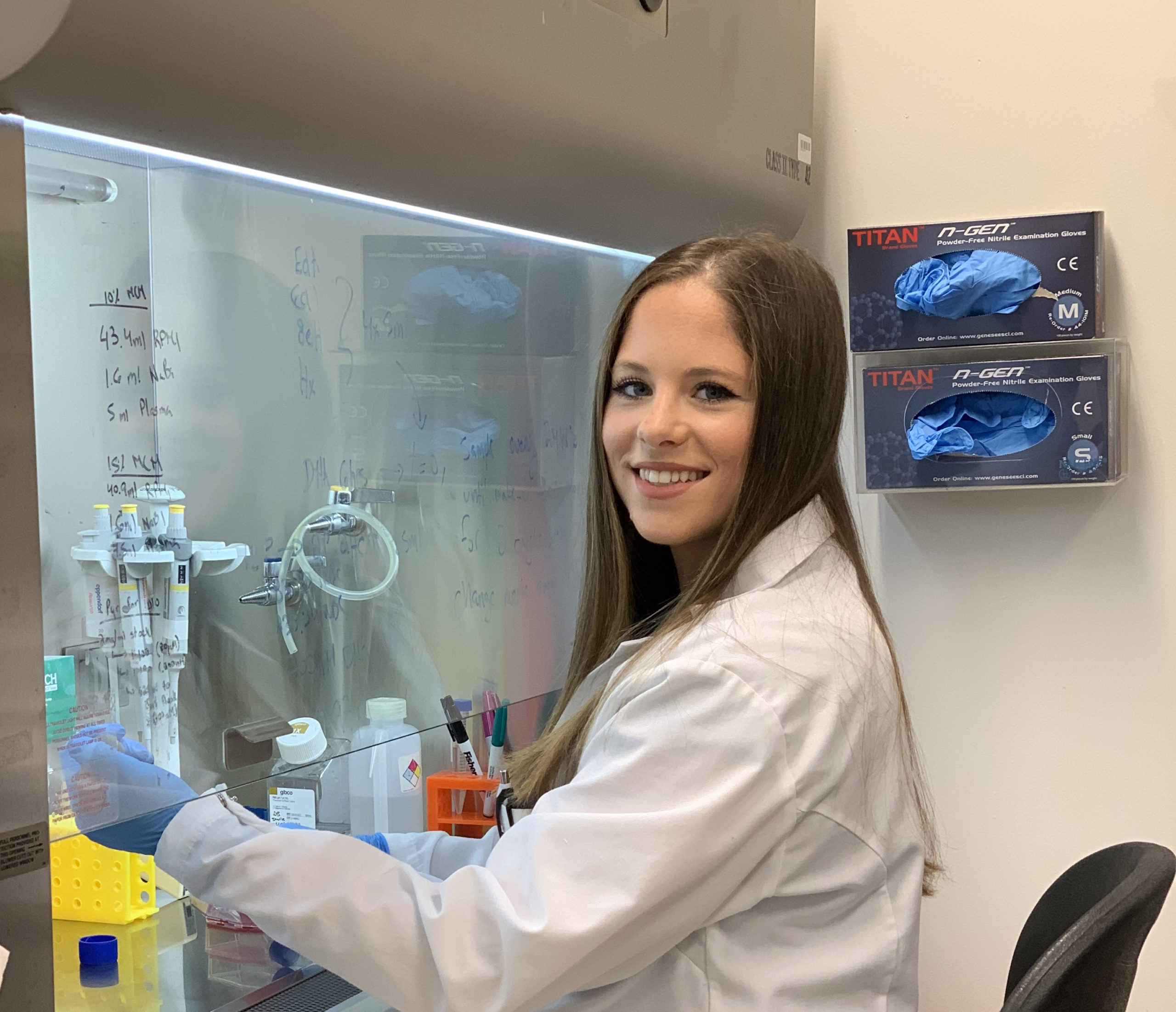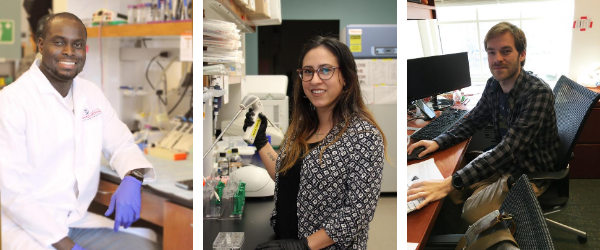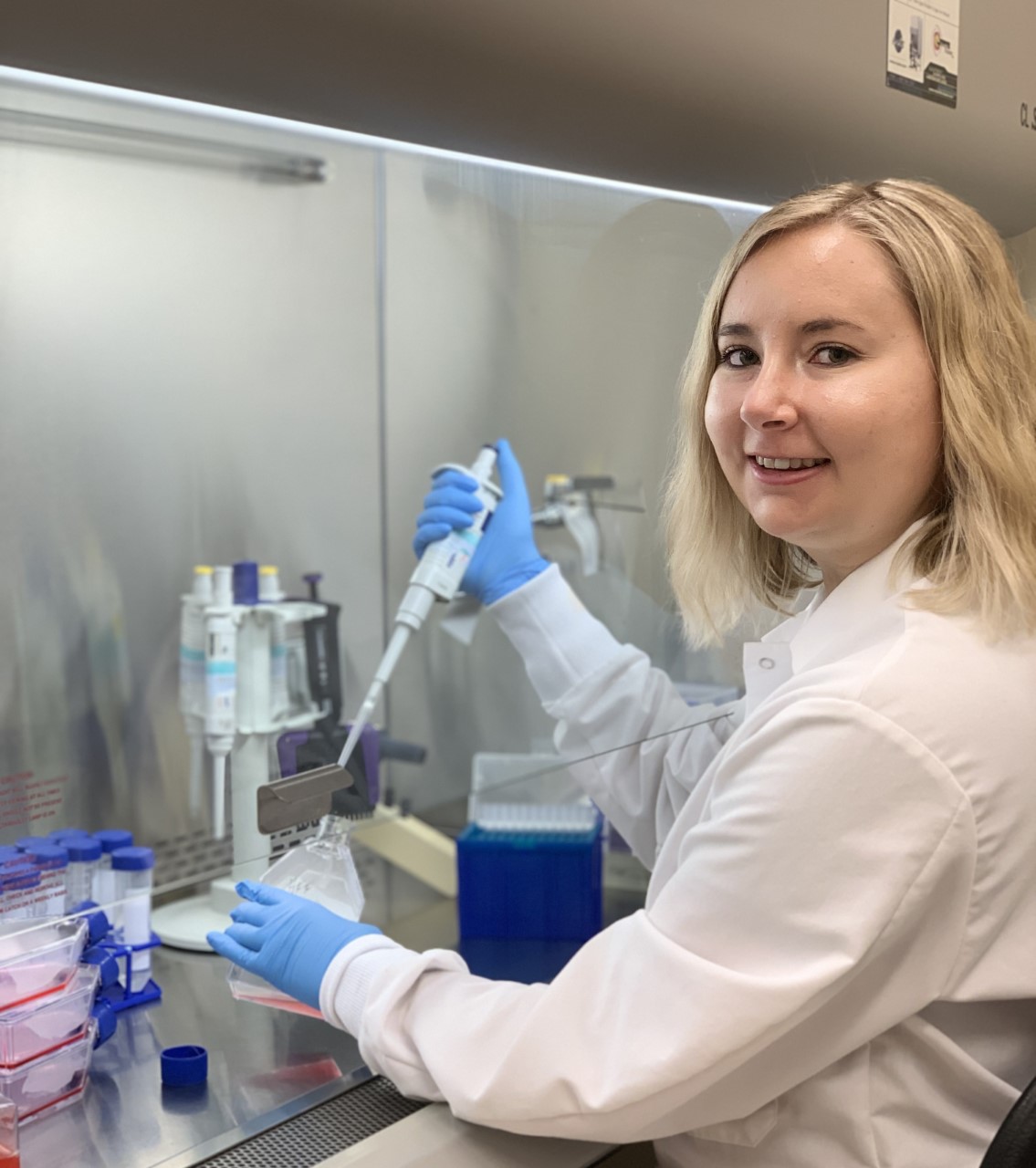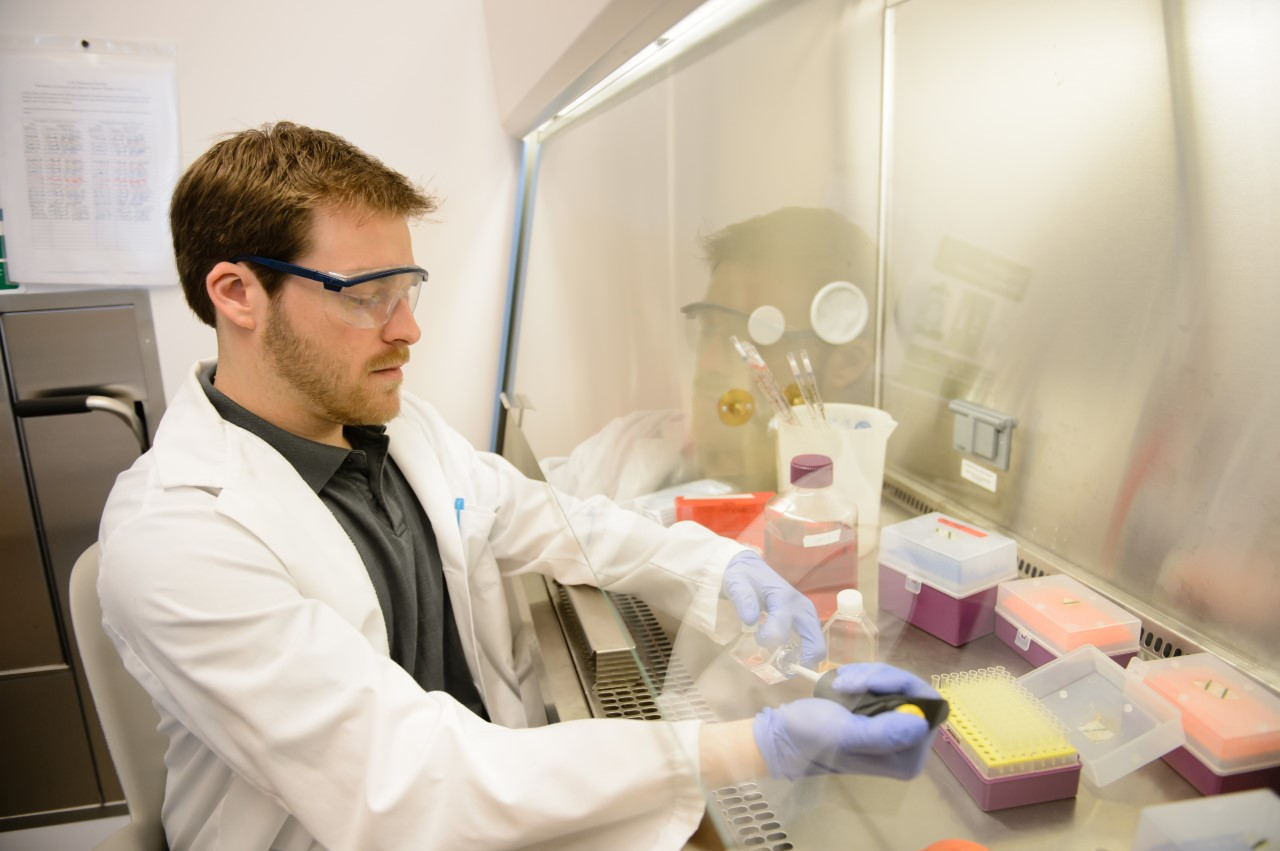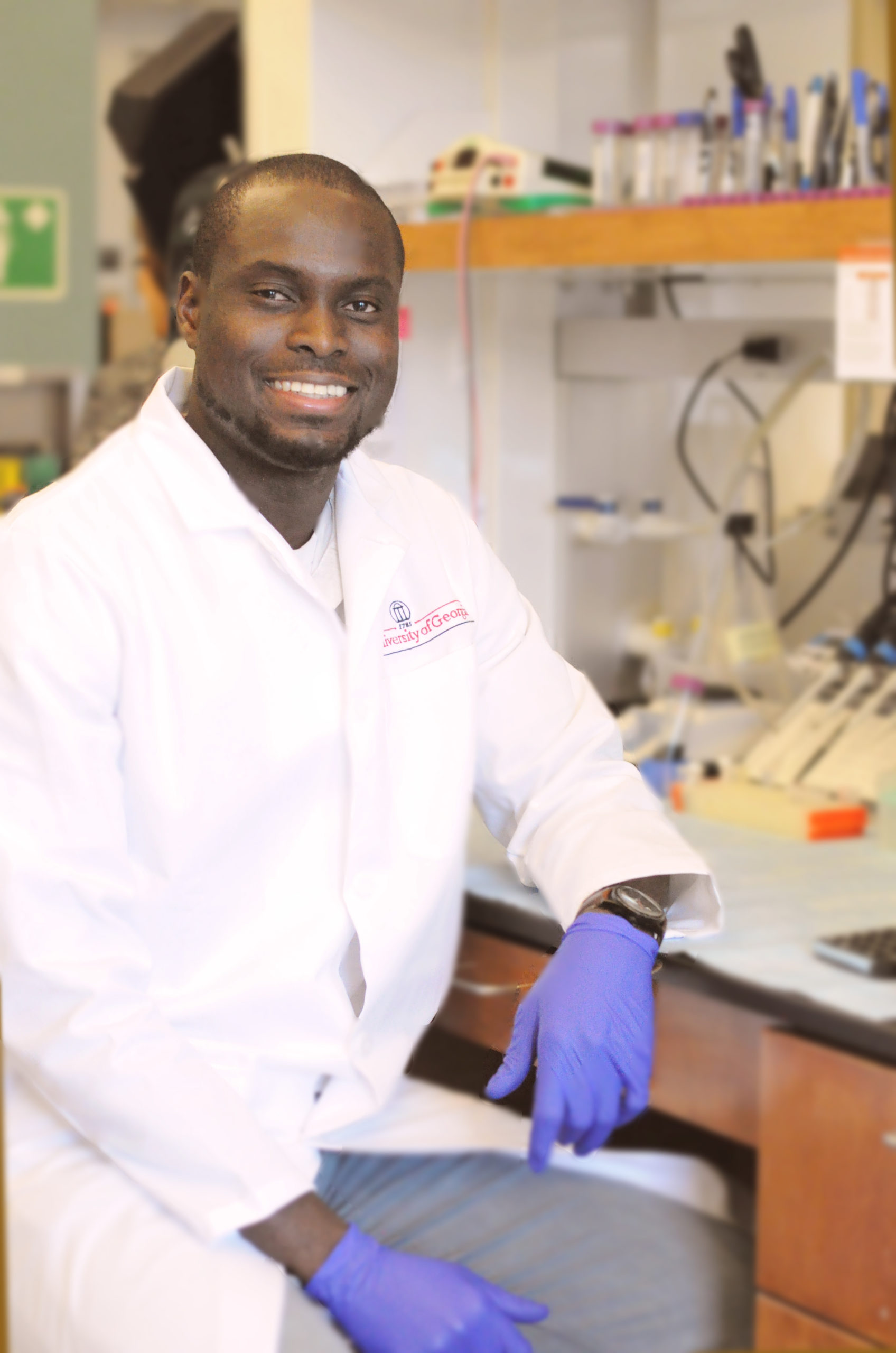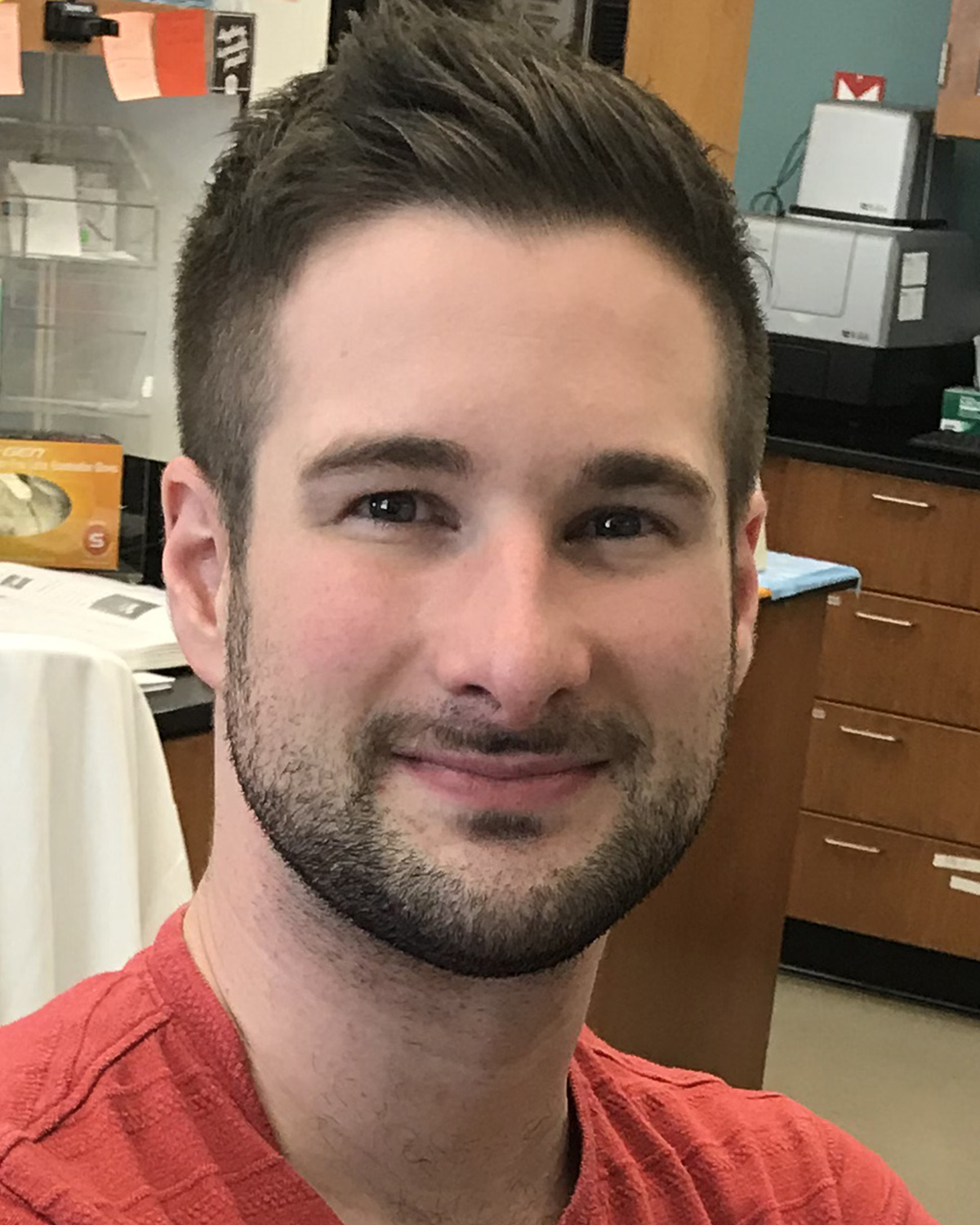Ph.D. candidate Ale Villegas and advisor Vasant Muralidharan receive Gilliam Graduate Fellowship Award
Malaria’s connection to Georgia goes back to the colonial period. The Southeastern United States provided prime conditions for a thriving mosquito population which ensured the spread of the disease. The state capital moved from Louisville to Milledgeville in 1806 in part because of malaria outbreaks among the state’s General Assembly. Later, the federal Office of Malaria Control …

